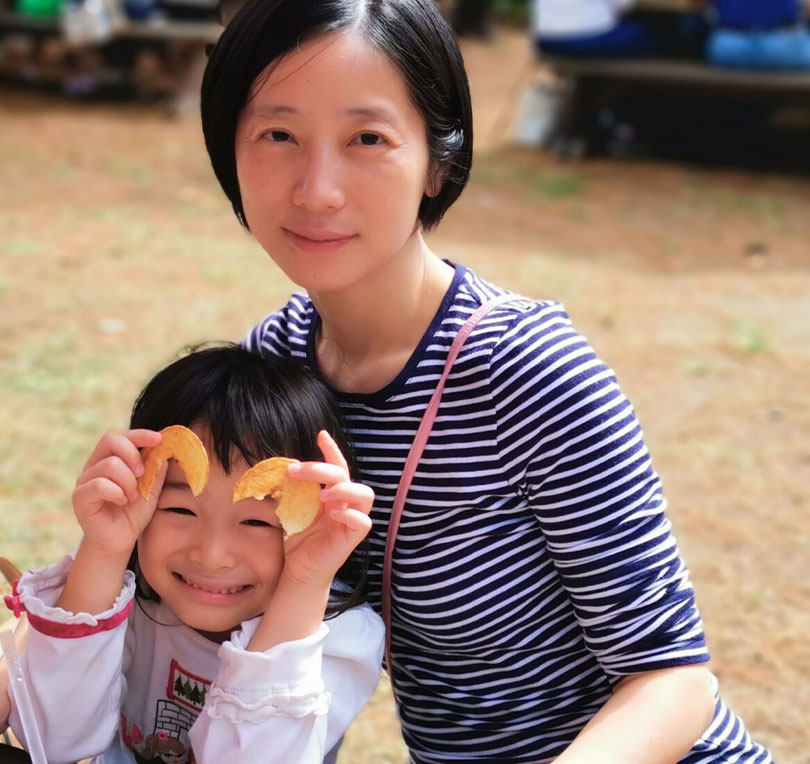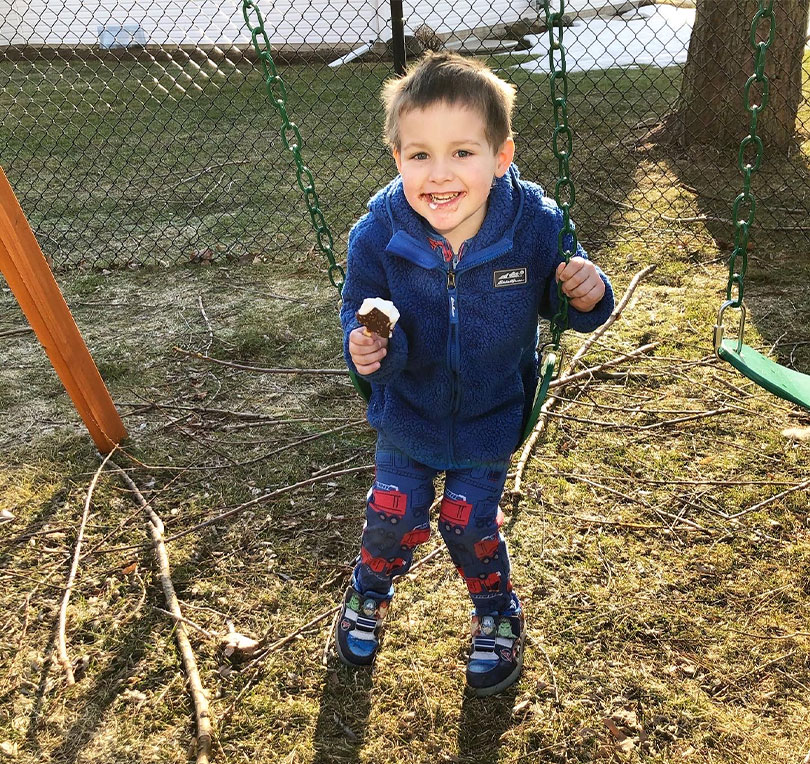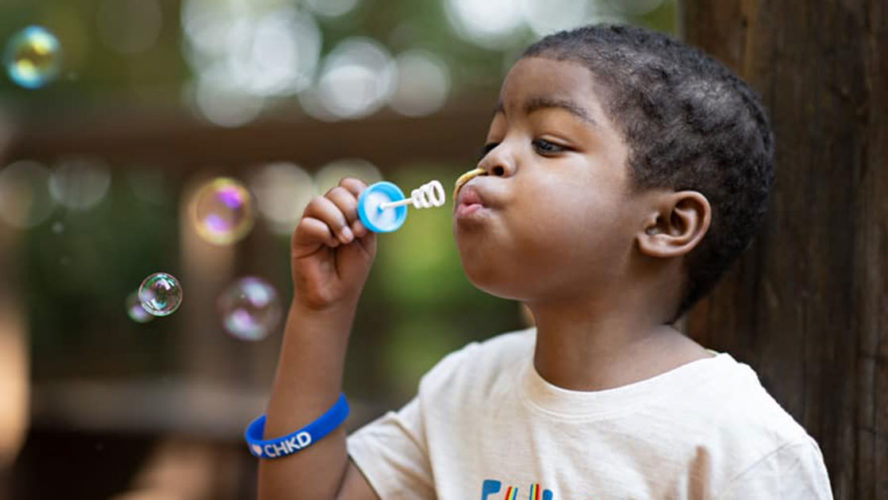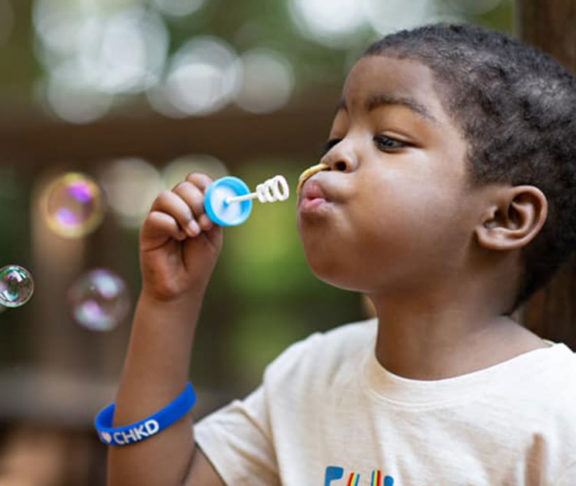“Your child has cancer” are words parents should never have to hear. In reality, the lives of children and their families are turned upside down every day by the unthinkable.
For many pediatric cancer patients, their diagnosis is a type of blood cancer, leukemia — the most common type of childhood cancer and the second-leading cause of cancer deaths among children.
While major advances have been made in treating children with cancer, particularly those with certain types of blood cancer, there is still much more to be done to help our youngest and one of our most vulnerable patient populations not only survive their diagnosis but thrive in their lives after treatment. Even when treatments are effective, 80% of childhood cancer survivors have a chronic health condition and 42% have a severe, disabling, or life-threatening condition 30 years after diagnosis.

The Leukemia & Lymphoma Society (LLS), the largest nonprofit dedicated to creating a world without blood cancer, is working to make this notion possible through the Dare to Dream Project, the next phase of The LLS Children’s Initiative. Over the next five years, LLS is investing $175M to transform treatment and care for children with blood cancer through advocacy, patient support, and ground-breaking research into new, safer therapies.
A world without blood cancer
At the heart of the Dare to Dream Project is LLS PedAL, the first integrated, global, acute myeloid leukemia (AML) master clinical trial to test new, safer therapies on children, matching a specific treatment to a specific cancer in a specific child.
The need to pursue new, targeted treatments for children is urgent. While CAR T-cell immunotherapy, which LLS has funded since the early days of this therapeutic approach, provides a treatment option for children with highly treatment-resistant acute lymphoblastic leukemia (ALL), some pediatric patients stop responding to treatments. For children with AML, about 40% will relapse after their initial treatment and only 69% survive more than five years.
“Different treatment approaches are needed for children because their bodies work in different ways than adults’ do and undergo changes as they grow,” says Gwen Nichols, M.D., chief medical officer at LLS and co-chair of PedAL Master Clinical Trial. “PedAL has the potential to advance progress for these children and stand as a model for future pediatric cancer trials. By bringing together worldwide leaders, we can elevate the findings from this study to offer newer, safer standards of care.”

The goal of the PedAL Master Clinical Trial is to replace one-size-fits-all chemotherapy with treatments tailored to each child’s unique tumor biology. Through partnerships with multiple organizations and institutes based in the United States and internationally, PedAL has study sites across the world, bringing the dream of safer, more effective pediatric leukemia treatments closer to home for more families.
In addition to PedAL, LLS is funding over 32 pediatric-specific grants, researching long-term side effects of treatment and improving detection of relapse as part of the Dare to Dream Project.
LLS is also expanding its support for pediatric patients and their families, including educational resources, financial assistance, and one-on-one consultation with pediatric oncology specialists who can be reached by calling (800) 955-4572.
To learn more about the Leukemia & Lymphoma Society, the Dare to Dream Project, and LLS’s support services and resources, please visit lls.org/daretodream.

